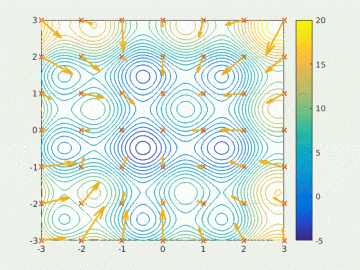 Ragnar Fjelland in Nature:
Ragnar Fjelland in Nature:
In 1976 Joseph Weizenbaum, at that time professor of informatics at MIT and the creator of the famous program Eliza, published the book Computer Power and Human Reason (Weizenbaum, 1976). As the title indicates, he made a distinction between computer power and human reason. Computer power is, in today’s terminology, the ability to use algorithms at a tremendous speed, which is ANI. Computer power will never develop into human reason, because the two are fundamentlly different. “Human reason” would comprise Aristotle’s prudence and wisdom. Prudence is the ability to make right decisions in concrete situations, and wisdom is the ability to see the whole. These abilities are not algorithmic, and therefore, computer power cannot—and should not—replace human reason. The mathematician Roger Penrose a few years later wrote two major books where he showed that human thinking is basically not algorithmic (Penrose, 1989, 1994).
However, my arguments will be slightly different from Weizenbaum’s and Penrose’s. I shall pursue a line of arguments that was originally presented by the philosopher Hubert Dreyfus. He got into AI research more or less by accident. He had done work related to the two philosophers Martin Heidegger and Ludwig Wittgenstein. These philosophers represented a break with mainstream Western philosophy, as they emphasized the importance of the human body and practical activity as primary compared to the world of science.
More here.
